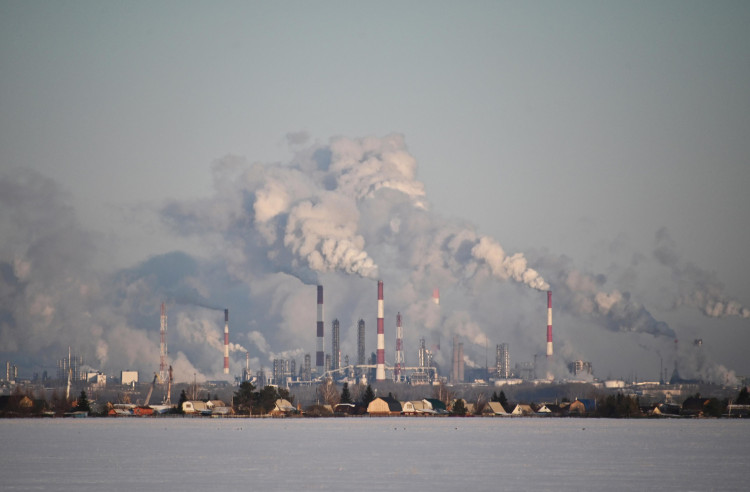On Tuesday, Russia declared that it would stop selling oil to nations that adhere to the price cap that the West set earlier this month.
President Vladimir Putin issued a proclamation that was made public on the Kremlin website and a government portal in response to "actions that are unfriendly and contradictory to international law by the United States and foreign states and international organizations joining them."
The second-largest oil exporter in the world after Saudi Arabia is Russia, and any serious disruption in its deliveries would have a significant impact on the world's energy supplies.
The price restriction, which went into force on Dec. 5, requires oil traders to guarantee not to pay more than $60 per barrel for Russian seaborne oil in order to maintain access to Western finance for critical components of global shipping such as insurance.
The cap is set at the current price of Russian oil, but far below the prices at which Russia was able to sell it for much of the previous year, when windfall energy profits helped Moscow counter the impact of financial sanctions.
From February 1 to July 1, 2023, the Kremlin ban would prevent crude oil sales to nations taking part in the price cap. On a date to be determined by the government, a separate ban on refined oil products like gasoline and diesel would go into effect. Putin would have the power to disregard the restrictions in unique circumstances.
Russia's budget deficit in 2023 may be higher than the anticipated 2% of GDP, according to Finance Minister Anton Siluanov, as the oil price ceiling reduces the country's export income. This presents another financial challenge for Moscow as it spends significantly on its massive war in Ukraine.
According to some analysts, the cap will have little immediate impact on Moscow's oil profits because the price of Russian oil has already fallen close to it. However, it may limit Moscow's capacity to profit from future price fluctuations.
Since October, Russia has publicly targeted Ukrainian energy infrastructure with missiles and drones, in what Kyiv claims are operations with no possible military objective other than to hurt civilians. Moscow claims the goal is to weaken Ukraine's fighting capability.
The price cap put in place by the West, which was unprecedented even during the Cold War between the West and the Soviet Union, is intended to jeopardize the Russian government's finances and Moscow's military operations in Ukraine without upsetting markets by actually limiting Russian supplies.





